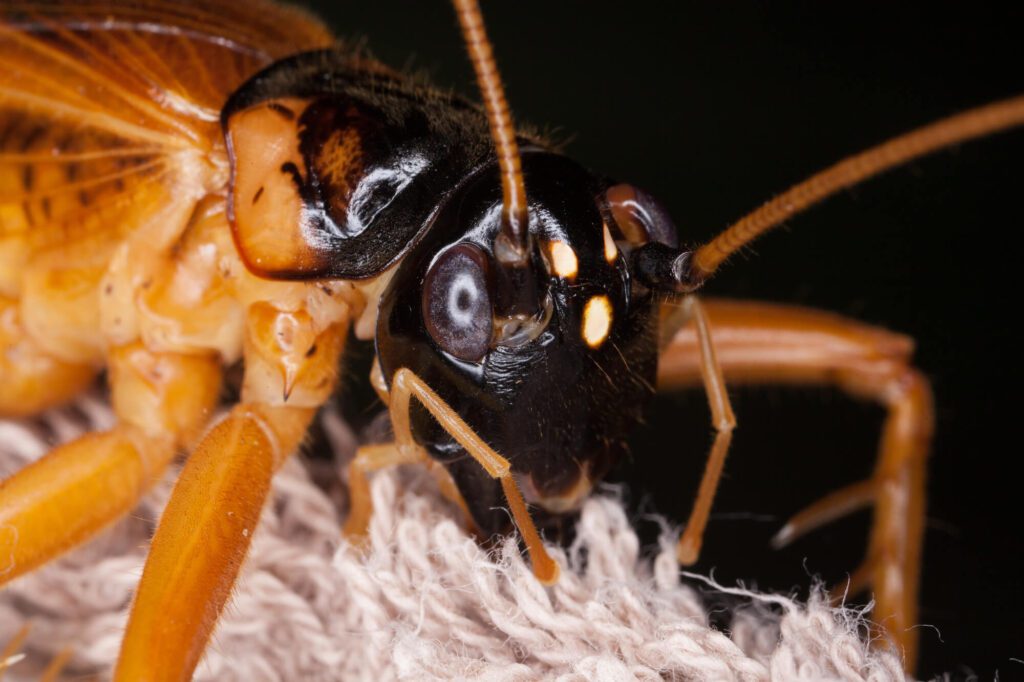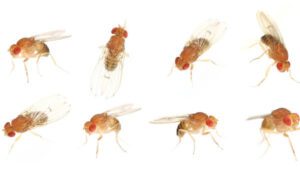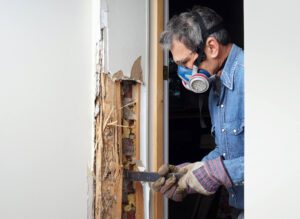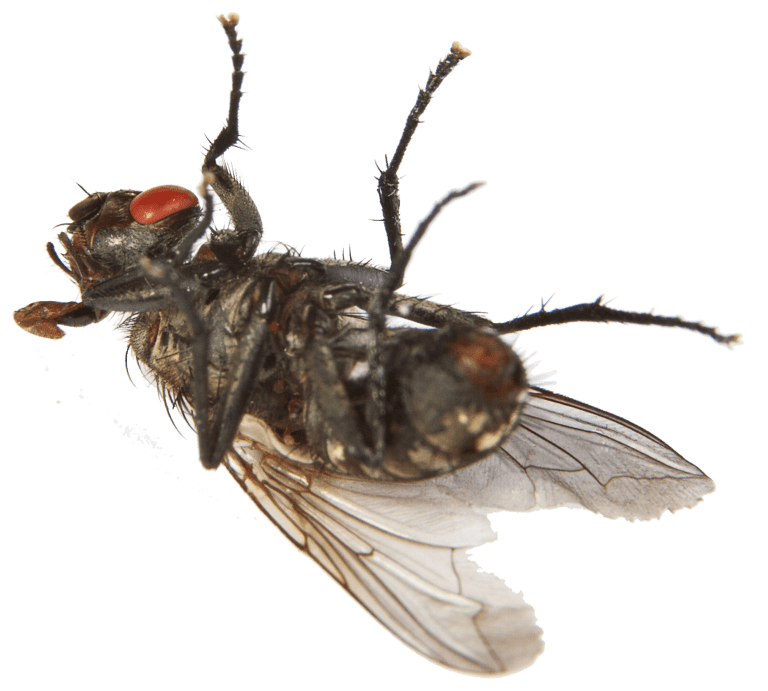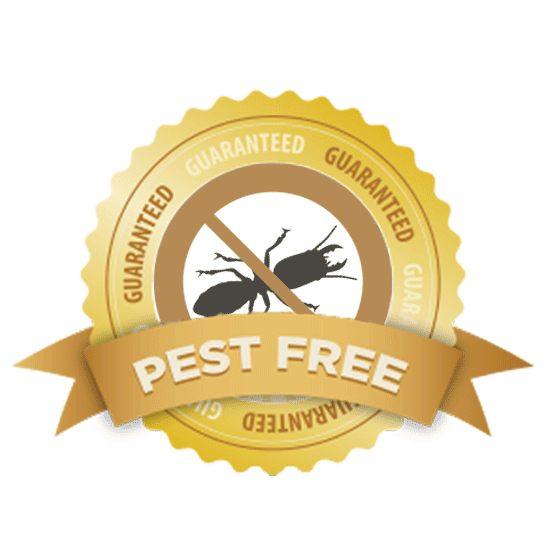South Florida insects can grow to amazing sizes. In fact, the Florida Key’s giant centipede can grow to be up to ten inches long!
Having something like that crawling in your bed at night could be really scary. That’s why it’s important to take steps to secure your home from invasive bugs longing for sanctuary.
Let’s take a look at some of the most common house bugs in Florida and what you can do to prevent these pests from taking up residence in your home.
General Pest Avoidance Tips
Florida is a beautiful place to spend time outdoors all year round. That also means that Florida bugs are always active and on the move looking for new shelter and food sources.
If you want to prevent pests from getting in your home, you need to make sure you take the following steps.
Seal Your Foundation Wall
The foundation wall is a very popular entry point for many bugs, primarily ants. They enter through small cracks and set up colonies inside your walls.
If you want to prevent this from happening in your home, you should use liquid cement or caulk to seal every gap or crack you can find in your home’s foundation.
Then, for added protection, you should spray the perimeter of your home with a pesticide.
Seal All Exterior Walls
Not only do you need to make sure your foundation is sealed, you should also fill in any holes or gaps around your windows and fixtures.
It’s a good idea to get an exterior treatment done by a professional to prevent bugs from crawling up to your roofline and in through window frames.
Be Cautious When You Come in the House
Once you have gone through the trouble of warding your home from pests, you don’t want to bring them in yourself. Make sure you check any boxes as you move them into your home to ensure there aren’t any roaches or spiders in them from storage.
Also, make sure you check your shoes to make sure you don’t have any roach eggs on them. If you step on a roach and bring the eggs inside, you can end up with an entire colony in a matter of weeks.
Keep Protected
To prevent bugs from getting in, you need to make sure that you keep screens in your windows all year round. You should also have door sweeps in place to prevent any bugs from getting under your doors.
Also, make sure any weather stripping you use is creating a good seal for sliding doors so that bugs don’t slip through the small cracks near the track.
Seal Snacks Properly
Most insects that come inside your home will be there looking for food. And if that isn’t why they came in the first place, they will certainly stay if they find some.
Then they will go back and get the rest of their colony to really do some work collecting food.
To avoid this, you should keep your fruit in the fridge until you’re going to eat it. You should also make sure you only put pet food down at mealtime.
Make sure you vacuum your carpets often and clean up any spills right when they happen.
Never stack your dishes near the sink, instead soak them in hot soapy water. And make sure your trash is stored in a sealed container.
If you give insects no reason to come in your home, it will be a lot easier to keep them out.
Common House Bugs in Florida
Florida is home to many diverse species, and many of them are creepy crawly critters. Read on to learn about some of the most common household bugs you will find in the state.
Mosquitos
Florida has about eighty different types of mosquitos. This is more than any other state.
They breed in stagnant water and can spread diseases like West Nile, malaria, yellow fever, and Zika virus.
Palmetto Bugs in Florida
Palmetto Bugs are a specific kind of roach found in Florida. They scurry quickly across walls and can sometimes scare the living daylights out of you.
They aren’t dangerous but have been known to cause allergic reactions and they shed their skin and droppings around your home.
Ants
Ants live in giant colonies and have a short life expectancy of about two months. They can bite and sting and make up for their small size with their large numbers.
Make sure you monitor your yard for anthills and take care of them quickly before more come.
Termites
Termites can destroy a home in a matter of years. They feed on the wood in your home and can cause structural damage.
You will know you have termites if you see:
- Discolored sheetrock, ceilings, or walls
- Buckling or sagging floors
- Holes in crossbeams or wood paneling
- Bubbling or peeling paint
- Crumbling wood
- Jammed doors or windows
- Wood that sounds hollow
Fleas
Fleas can be brought into your home by pets and clothing. They can cause allergic reactions and produce painful bites that appear as red bumps on the skin.
But fleas are most dangerous because they can transmit other diseases to their hosts. They have been known to be the source of bacterial diseases, plagues, and tapeworms.
Millipedes
Millipedes are most often nocturnal and love moist dark places. Whenever the weather is dry, they do their best to find a new place to live and often try to take up residence in your home.
Although these bugs may seem harmless, they excrete an awful fluid with a horrendous odor that can be harmful to pets and cause an allergic reaction in humans.
Unfortunately, millipedes don’t announce their presence. You won’t know you have an infestation until you start to see them.
Conduct Pest Control Year Round
With all the common house bugs in Florida, it’s important that you conduct pest control all year round. But not everyone has that kind of time to dedicate to protecting their home from bugs.
If you are looking for a service to manage it for you, contact us for an estimate today.

